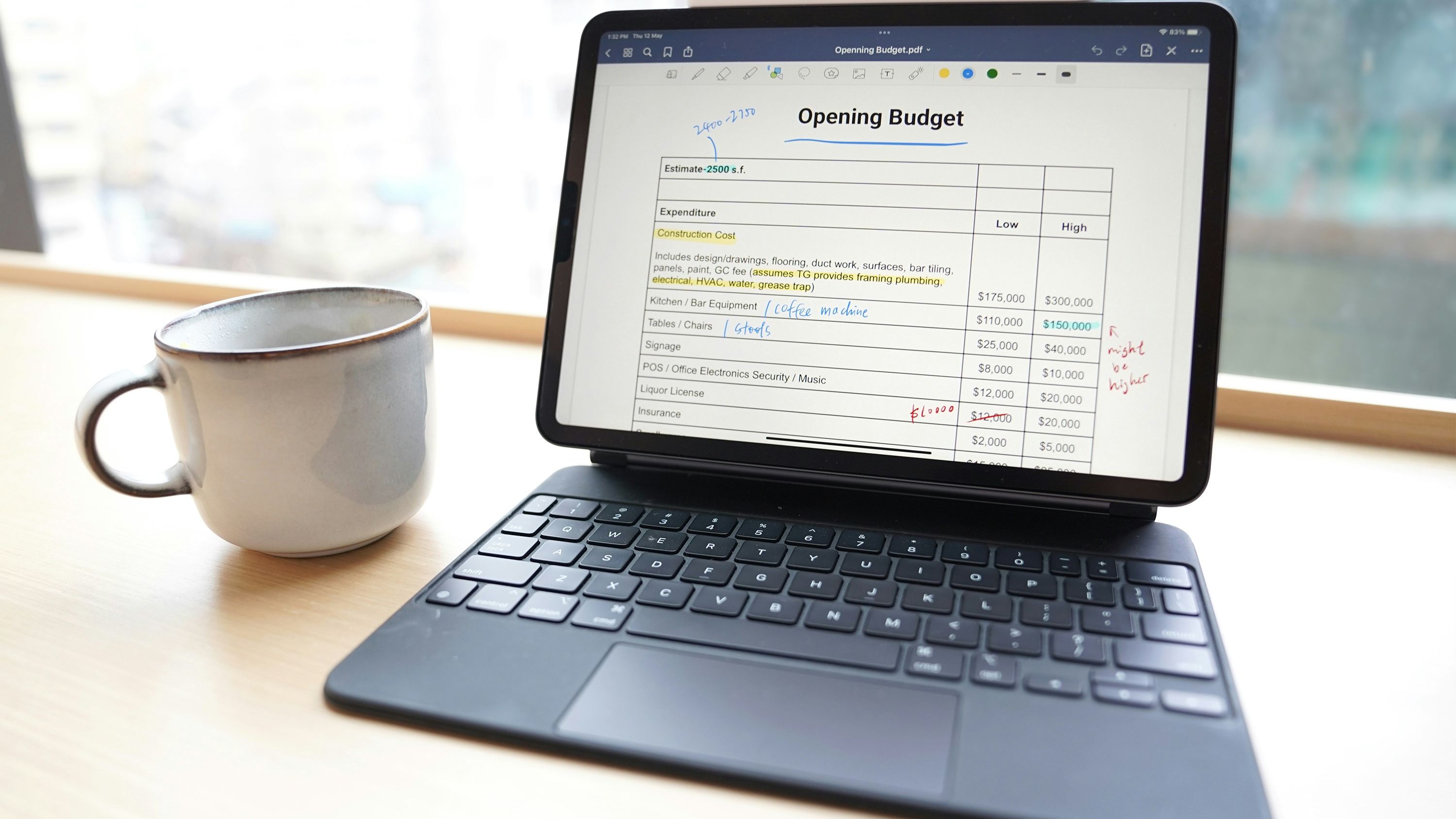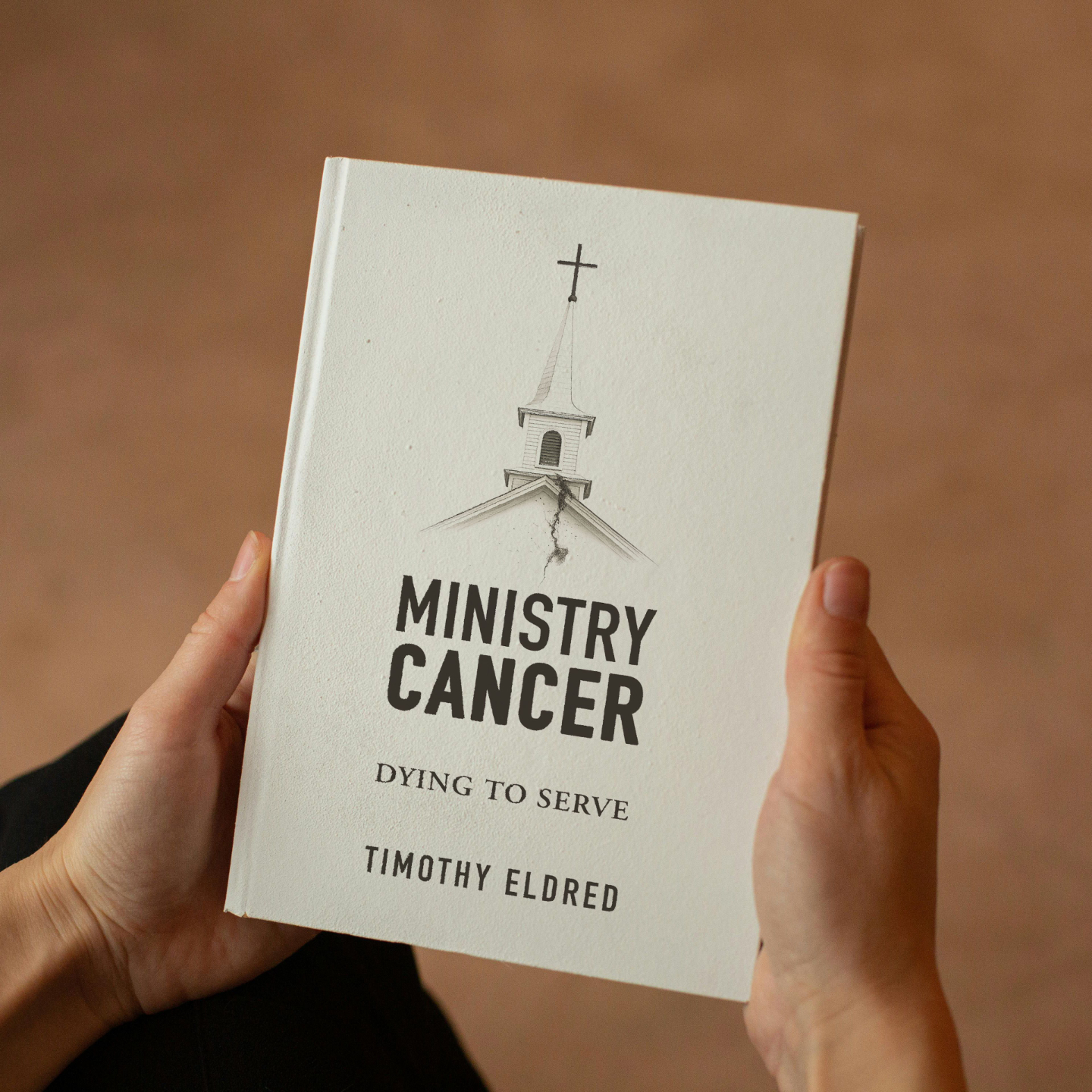The One Budget Line Most Churches Forget

I'm staring at my notes for next week's budget meeting. You know the one—where we'll spend four hours debating every penny of God's resources. We'll haggle over printer paper and kids' snacks, wrestling with that $47 difference between bargain and name-brand coffee filters. Meanwhile, I can't stop thinking about Jesus' fascinating approach to ministry resources: He fed thousands with a kid's lunch, yet trusted his entire treasury to a guy who was skimming off the top. Sometimes I wonder which of us has the better system.
Church budget season is a special kind of spiritual experience. We gather in poorly lit rooms, armed with spreadsheets and coffee, pretending we can predict exactly how God will move next year down to the nearest dollar. We'll spend hours debating facility maintenance while spending exactly zero minutes discussing pastor maintenance.
Let's talk about the irony here:
- We allocate thousands for building upkeep but struggle to justify a pastoral retreat
- We budget for staff development but rarely for staff survival
- We invest in every ministry except the one keeping the ministers alive
Here's where the math gets interesting: What if churches invested just 2% of their budget in their pastor's spiritual and emotional health? It's a small number that could make a massive difference.
Jesus had some interesting things to say about investment. He praised the widow's mite, criticized buried talents, and suggested that where our treasure is, our hearts will be also. Yet somehow, we've convinced ourselves that caring for pastoral health is a luxury item rather than a mission-critical investment.
Here's what nobody tells you in seminary: The best return on investment your church can make isn't in that new sound system or even that needed building repair. It's in having a pastor who isn't running on spiritual and emotional fumes.
3 Things You Can Do Today:
- Pull up your church budget right now. Calculate 2% of your total budget. That's likely less than what you spend on utilities. Write that number down and sit with the question: "What could this investment in pastoral health prevent in terms of future costs—both financial and spiritual?"
- This week, present your board with what I call a "Prevention Budget." List everything that pastoral burnout could cost your church: interim pastor fees, counseling costs, lost families, and declined giving. Compare that to the cost of preventative care through things like retreats, coaching, cohorts, and spiritual direction.
- Institute a new quarterly practice: Review your church budget not just for financial health but for pastoral health. Create a "pastoral sustainability" line item that's as non-negotiable as your utility bills. Because like electricity, you only notice pastoral health when it's gone—you must keep that "lights" on.
Here's the truth that budget meetings often miss: A healthy pastor isn't a luxury expense—it's your best insurance policy. When we invest in pastoral health, we're not just supporting one person—we're protecting an entire congregation's spiritual well-being.
Maybe it's time we looked at church budgets through a different lens. Instead of asking "What can we afford?" perhaps we should be asking "What can't we afford to lose?" ◼︎
Tim Eldred has been serving in pastoral ministry for over three decades and has had the privilege of training and mentoring thousands of pastors in over 40 countries. He is the founder of The Authentic Pastor. Most importantly, he is a husband, father, and grandfather.
If you found this article helpful and want them in your inbox, sign up here.
We’ll send you each article plus updates from The Authentic Pastor that cut through the noise. No spam, just the good stuff—you can unsubscribe anytime.

